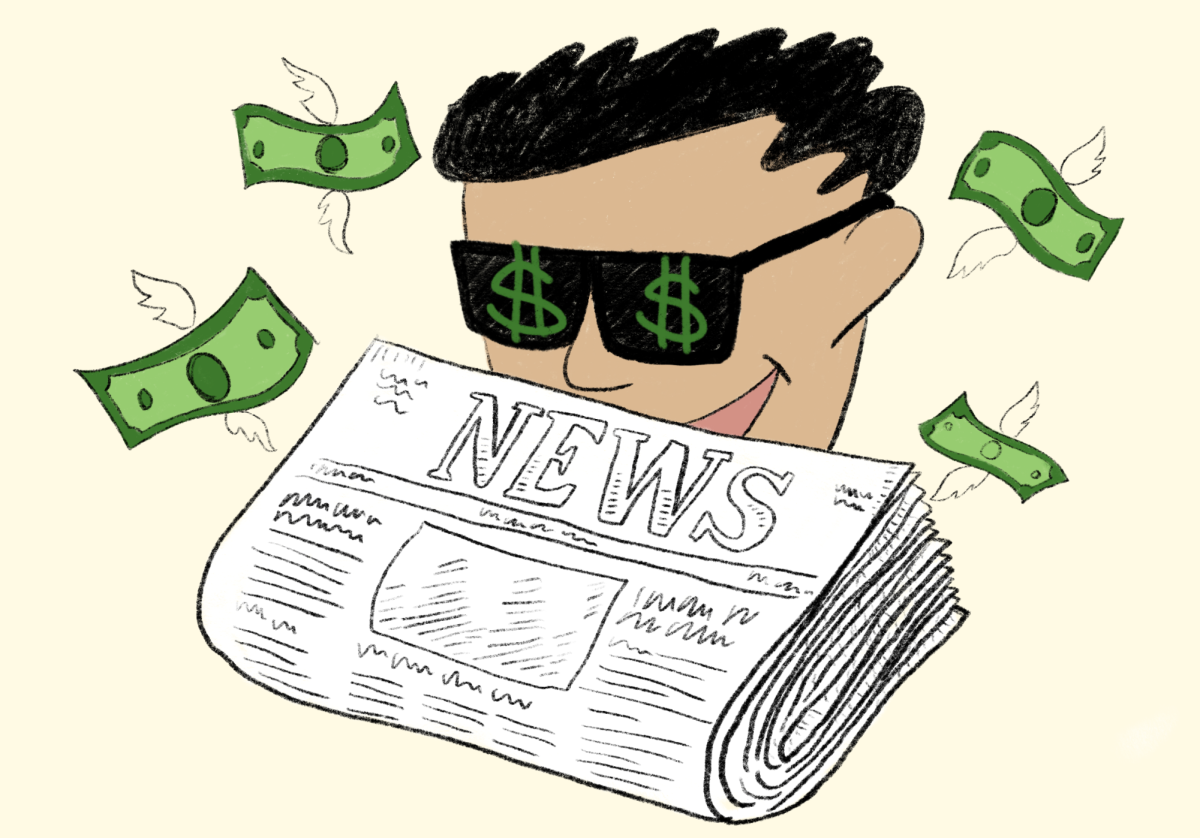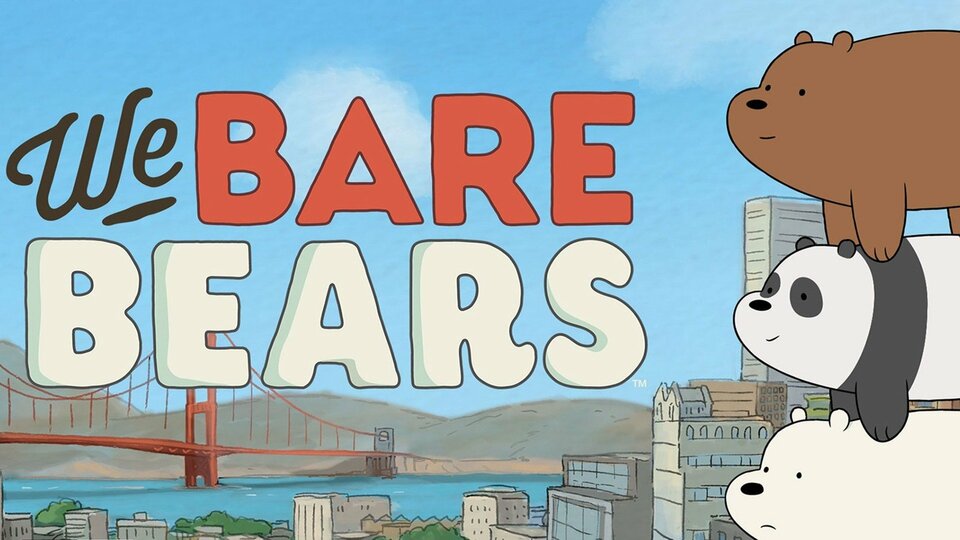On Oct. 25, The Washington Post announced that it would not endorse a candidate for the 2024 presidential election. Though the publication mentioned returning to its roots of offering no endorsements, it had previously endorsed candidates in the past four presidential elections.
Following the Post, the other major newspaper in the country to refrain from endorsing a candidate was the Los Angeles (L.A.) Times. The sudden shift in policy — conveniently timed with an election that could impact their billionaire owners’ interests — raised many eyebrows.
In the same Oct. 25 announcement, Amazon founder Jeff Bezos was revealed to be behind the Post’s decision not to run an editorial endorsing Democratic presidential candidate Kamala Harris. He later published an article in the Post asserting that endorsements cause more harm than good, causing a perception of bias within newspapers rather than informing voters.
Despite this claim, some researchers have noted that endorsements do not influence bias, as news and editorial departments are clearly separated at major news organizations. Bezos mentioned that, while this decision would be met with criticism, it ultimately established greater credibility and trust in news media. His defense might sound reasonable on the surface, but it’s worth questioning whether this move truly serves the Post’s journalistic mission — or merely Bezos’s business agenda and his desire to curry favor with a new administration.
The Harris administration would have increased corporate taxes from 21% to 28% and allow the 2017 Tax Cuts and Jobs Act to expire in 2025, tightening the profit made by these multi-billion dollar conglomerates. Naturally, billionaires would be inclined to support the party opposing Harris or simply not express their political views at all. Besides umbrella benefits for the billionaires, specific companies including Amazon — which Bezos is the executive chairman of — have shifted closer to Trump in favor of an alleged suggestion of it being in “Amazon’s best interests.”
Despite a clarifying article The Washington Post published, it saw an immediate decrease in a quarter million readers — now at 2.5 million subscribers — reflecting the audience’s mixed views toward his decision. Over 20 opinion columnists within the Post disagreed with the abrupt decision, emphasizing the need to endorse a candidate protecting fundamental rights. Similarly, more recently, Ann Telnaes — a cartoonist at the Post — quit following the Post’s refusal to publish a cartoon critical of Bezos. This cartoon criticizes “billionaire tech and media chief executives who have been doing their best to curry favor with … Trump.”
Similarly, the L.A. Times did not endorse a candidate during this election, spurring around 7,000 cancellations — around 1.8% of readership — and three resignations from their editorial board. The owner, billionaire Patrick Soon-Shiong, decided not to endorse either candidate, arguing it would exacerbate America’s political division.
Predictably, these two high-profile silences were a subtle boost for 2024 President-elect Trump. After all, endorsements are one of the few ways newspapers — who generally have a greater understanding of policy issues and proposed solutions than the average voter — can express their stance.
As seen with fellow billionaire entrepreneur Elon Musk’s months-long endorsement of Trump (and the spending a quarter billion on Trump’s and other Republicans’ campaigns), a number of the country’s elite may actually prefer Trump due to the benefits the Trump administration promises to provide them, including a corporate tax reduction from 21% to 20% — the opposite direction of the Harris administration — and a lack of tax levies on millionaires and billionaires. Meanwhile, Harris catered her administration’s policy to the average American through mortgages for first-time homeowners and bans on price-gouging at grocery stores.
Following Trump’s victory in the electoral college, Bezos, alongside other technology CEOs, congratulated Trump for the win — a gesture that reflects a fear of the potential retribution of President-elect Trump. Similar to Bezos, Soon-Shiong dined with Trump following his 2016 victory at a New Jersey country club. The strengthening ties between billionaires and presidential candidates point to why some newspapers abruptly shot down editorials endorsing certain candidates and suggest private collusions between billionaires, their companies and presidential candidates.
Despite a general trend in newspapers of the removal of endorsements — another notable one being Alden Global Capital pulling endorsements out of the Chicago Tribune and the New York Daily News — The New York Times has continued to put out endorsements, despite the majority of its shares being held by the Ochs-Sulzberger family.
Billionaires should have the right to voice their political preferences and support for candidates, but this does not warrant the suppression of editorials agreed upon by the staff simply because they do not align with the owner’s personal beliefs. Newspapers should reflect the perspectives of a diverse group of staff, rather than a monochromatic perspective of the country’s elite.




























